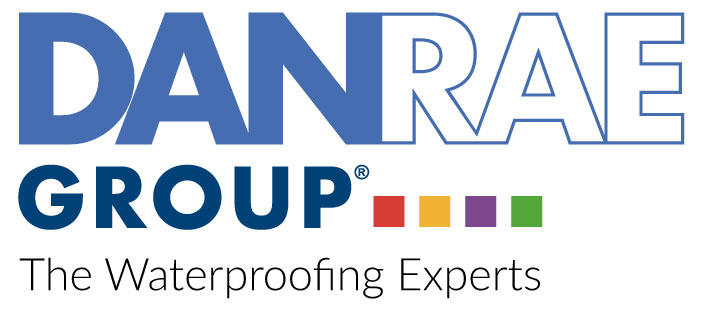
Every resident is a key part of keeping your scheme in the top shape!
We encourage everyone, owners and tenants alike, to participate and stay informed.
Knowing how things are run prevents frustration! Ask the right questions of the right people.
Check the By-laws – rules of your strata ‘scheme’ (your building or complex) that that ensure everyone gets along. Understand how money is allocated, how things work and shared (common) property.



4 commonly used terms – choose the row for your state:
| STATE | ENTITY WHICH OWNS COMMON PROPERTY (Refer property contract / Registered Plan) |
STATE | ADMINISTRATION COMPANY (governed by an Agreement or Contract) |
STATE | OWNERS ELECTED TO MAKE DAY-TO-DAY DECISIONS (Elected by owners vote) |
STATE | WORK FUND Levies / Fees fund the Administration & Works accounts (as voted by owners at the AGM) |
|---|---|---|---|---|---|---|---|
| ACT | Owners Corporation | ACT | Strata Managing Agent | ACT | Executive Committee | ACT | Sinking Fund |
| NSW | Owners Corporation | NSW | Strata Managing Agent | NSW | Strata Committee | NSW | Capital Works Fund |
| NT | Body Corporate | NT | Manager | NT | Committee | NT | Sinking Fund |
| QLD | Body Corporate | QLD | Body Corporate Manager | QLD | Committee | QLD | Sinking Fund |
| SA | Strata Corporation | SA | Agent | SA | Managing Committee | SA | Sinking Fund |
| TAS | Body Corporate | TAS | Manager | TAS | Committee of Management | TAS | Maintenance Fund |
| VIC | Owners Corporation | VIC | Owners Corporation Manager | VIC | Committee | VIC | Maintenance Fund |
| WA | Strata Company | WA | Manager | WA | Council | WA | Reserve Fund |
Management of common facilities may have additional parties involved, e.g. if a hotel is attached, or if the grounds are under Community Title, which may act alongside Strata Title.

Why not join OCN for just $77 per year?
As a member, you have access to the OCN Member Portal, detailed guides on strata, member events, the latest strata news and much more of interest to residential strata owners.
Find out more >
OUR PARTNERS
Premium Partners
Major Partners

















